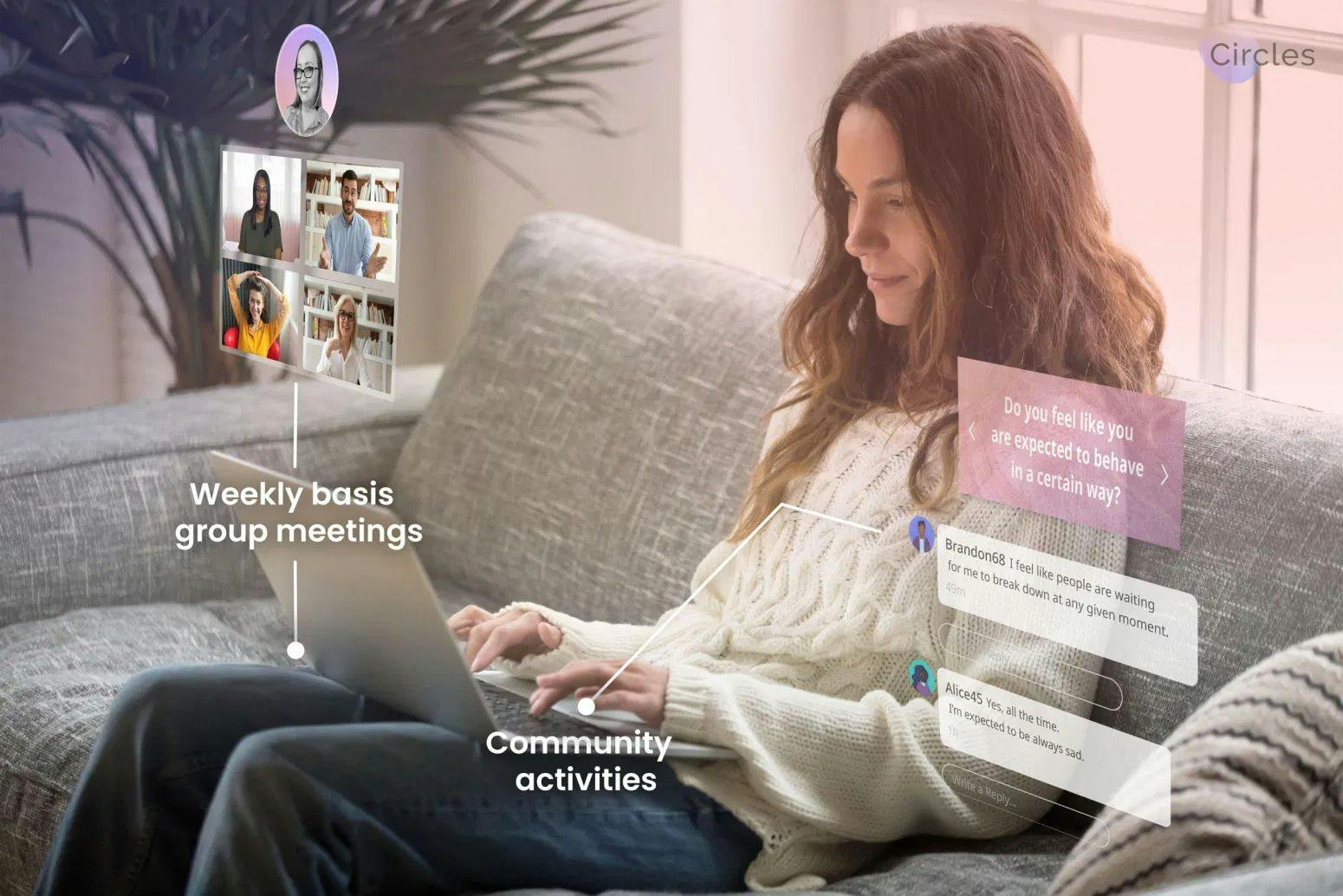165 reads
Mental Health As A Product: How Can Mental Health Tech Succeed?
by
February 1st, 2021

Irad Eichler is the CEO of Circles, the support group platform connecting people going through similar struggles.
About Author
Irad Eichler is the CEO of Circles, the support group platform connecting people going through similar struggles.
